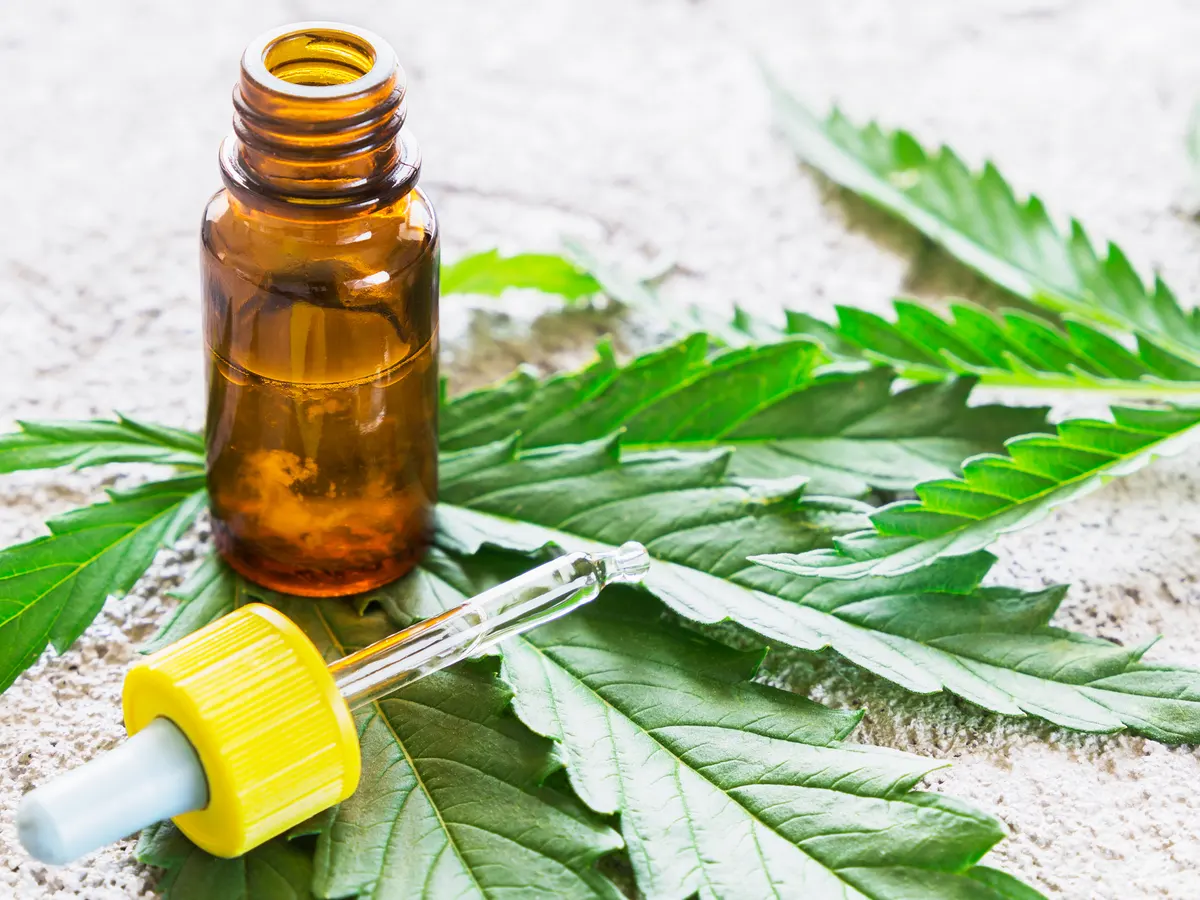A new study has found that cannabidiol (CBD), a compound derived from marijuana, may help combat depression and memory issues triggered by prolonged social isolation.

Researchers from the Federal University of Ouro Preto and the Laboratory of Neurobiology and Biomaterials found that CBD offered significant antidepressant and neuroprotective effects in male mice subjected to chronic isolation. The study was published by the journal Behavioural Brain Research, and was published online by the US Natrional Library of Medicine.
“This study investigates the effects of chronic CBD administration on depressive and cognitive alterations induced by social isolation in male C57BL/6 mice”, states the study’s abstract. “The experimental design involved adult mice subjected to either group housing or 12 weeks of social isolation. Behavioral assessments, including the sucrose preference test, open field test, light/dark box, novel object recognition, and tail suspension test, were performed to evaluate the impact of CBD on emotional and cognitive alterations.”
Additionally, “hippocampal gene expression for cannabinoid type 1 receptors (CB1R), serotonin type 1A receptors (5HT1AR), and brain-derived neurotrophic factor (BDNF) were analyzed.”
Researchers found that “CBD mitigated anhedonia in isolated mice and reduced immobility episodes in the TST.”
The study also revealed that “social isolation impaired recognition memory and reduced BDNF expression, while CBD treatment protected memory in isolated mice.”
However, the study states that “CBD did not exert significant anxiolytic effects and unexpectedly induced anxiety-like behavior in group-housed mice”.
Researchers conclude the study by stating: “The results of this study demonstrate that chronic CBD administration attenuates depressive-like behaviors and protects cognitive function in SI male mice. Specifically, CBD mitigated anhedonia, a hallmark of depression, and reduced immobility in the TST, indicating an antidepressant-like effect. These findings suggest that CBD has potential antidepressant and neuroprotective effects in social isolation-induced depressive models, although its anxiogenic effects in non-stressed mice warrant further investigation.”






